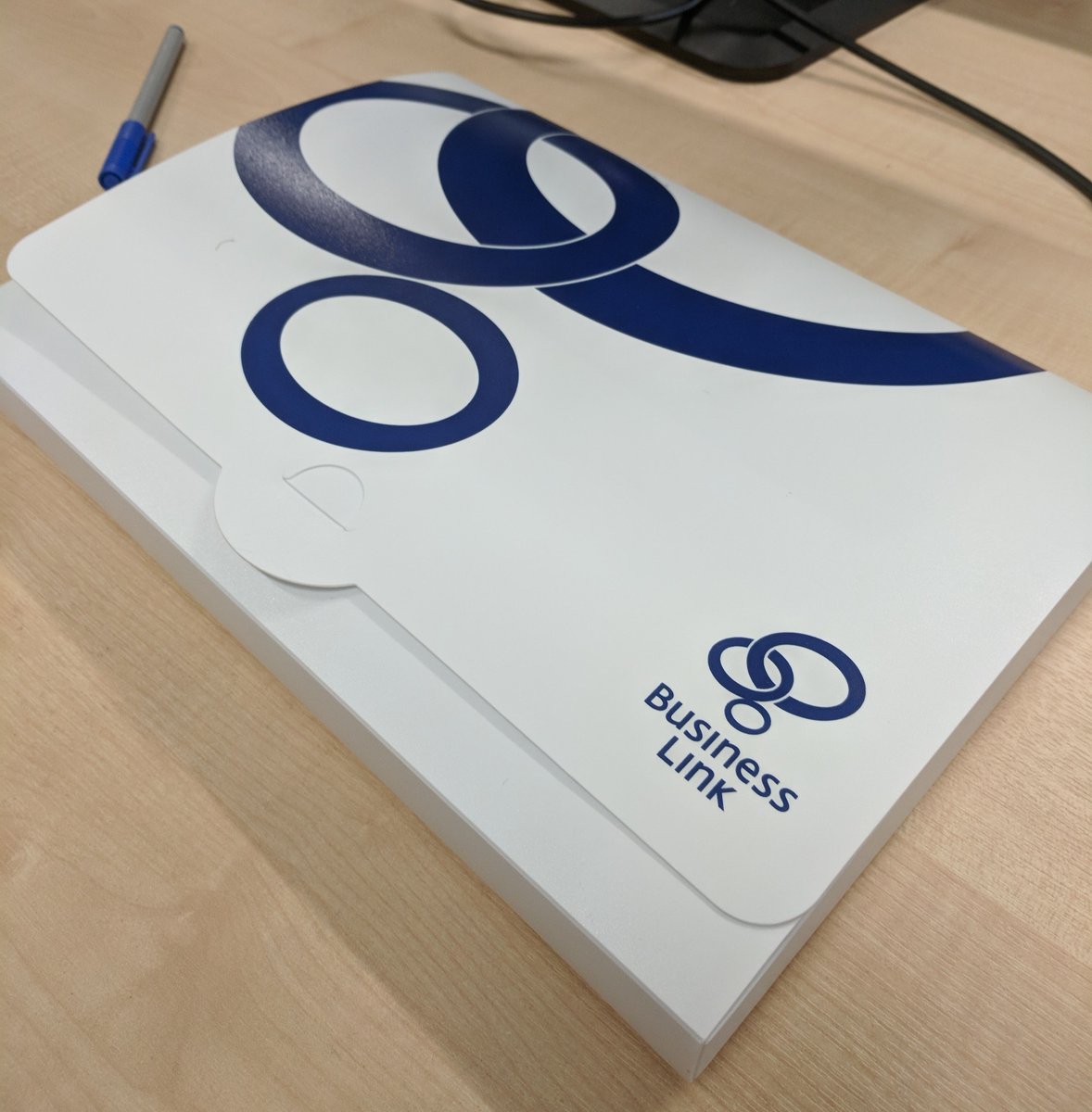A 🧵on our journey with this Recommendation
The prompt came from Italy's @ItalyMFA_int Presidency of @g20org in 2021. Our team provided support to them by carrying out a survey and preparing this Collection of Digital Identity Practices: doi.org/10.1787/752238…
The prompt came from Italy's @ItalyMFA_int Presidency of @g20org in 2021. Our team provided support to them by carrying out a survey and preparing this Collection of Digital Identity Practices: doi.org/10.1787/752238…
https://twitter.com/MathiasCormann/status/1666836609520549897
In early October 2021 we presented an Issues paper "on digital identity systems and the potential for OECD guidance" to the Annual Meeting of the E-Leaders Working Party, at the time chaired by @sikkut
Later that October, a proposal was made (and approved) at the @OECDgov Public Governance Committee (PGC) for the Secretariat to work with the E-Leaders to develop a draft Recommendation on the Governance of Digital Identity
So 2022 began with @ceciliaemils and I doing our best to fly the flag for user research by returning to a blank sheet and inviting digital identity teams from around the world (including non-OECD Members) to identify their challenges and priorities through a survey and interviews
We captured a lot of wisdom and transferred them to many, many virtual post-its before affinity sorting them into 43 priorities. We then grouped them into 6 areas and invited the E-Leaders, now chaired by @thommeread, to a special session in June 2022 to critique our analysis
After various internal-to-the-OECD drafts we circulated the (official) first draft to the E-Leaders for their comments in November 2022. Fortunately, they quite liked it even then.
Mindful that we absolutely needed the expertise of a wide range of people to help shape the Recommendation, we asked the PGC to approve the involvement of a broad cross-section of experts drawn from the public and private sectors and civil society around the world
Grateful to the contributions of @lisard (for @BKCHarvard), @miguelm60 (for @BCG), @trbouma (for @DGC_CGN), @MADRID, @daeaves and @cvmadhukar (for @LetsCoDevelop), @__convergence__, @DIAL_Kate (for @DIALCommunity), @sikkut (for Digital Nation), BankID, @quinta, @XimenaPuente...
@livmarte and @lucyeharris (for @DPGAlliance), @bea_botero and Laura García Vargas (for @EdgelandsInst), Daniela Battisti (for @teamdigitaleIT), @yolamtzm (for @GovStackGlobal), @HeleneVigue (for @GSMA), @VeneklasenEthan and Clive Davis (for @ID2020), @tforcworc...
Jānis Krakops (for @LVRTC_TVtornis), @No1_BA and Dan Johnson (for @Mastercard), @colleenelliott_ (for @Microsoft), Kevin Stine and Ryan Galluzzo (for @NIST), Thea Anderson (for @OmidyarNetwork), @gailhodges, Bjorn Helm and Wesley Dunnington (for @openid), @pchampin (for @w3c)...
Tom Fisher for @privacyint, @annahirschfeld (for @PublicDigitalHQ), @YiaThe (for @InstituteGC), Giusella Finocchiaro (for #UNCITRAL), Arpine Korekyan (for @UNDESA), Marie Austenaa (for @Visa), @ChrisTullis (for @WorldBank), @marianadahan (for @WINdotSystems) and @getyoti
In mid December 2022 we sent the (official) second draft back to the E-Leaders, these external stakeholders and within the OECD more widely (to colleagues working on @OECDeconomy, @OECDtrade, @OECDtax, @OECD_local, @OECDEduSkills, @OECD_Social and @OECDinnovation)
This wider audience made brilliant improvements. The new third draft was reviewed and discussed by the E-Leaders (now chaired by @flembrussels) as well as by the PGC, who approved sharing the fourth draft for public consultation (which we did here: engagement.oecd-opsi.org/engagement/pro…)
That fourth draft was shared with country delegates of the OECD committees responsible for different policy domains - Digital Economy Policy, Fiscal Affairs, Corporate Governance, Financial Markets, Health, Trade, Development Assistance and Employment, Labour and Social Affairs.
The consultation was shorter than any of us would have liked but fortunately we had great engagement and valuable additions from our external stakeholders and other interested parties. In total that fourth draft received over 400 comments for us to consider.
And then in April, as we responded to these comments and prepared the (official) fifth draft, we had final clarifying conversations with OECD Member countries en route to the PGC approving its transmission to the OECD Council via the Executive Committee.
And then, yesterday, the OECD Ministerial Council Meeting formally adopted it and so here it is on the internet, a fully fledged OECD Recommendation and no longer a draft: legalinstruments.oecd.org/en/instruments…
From the original 6 priority areas the final Recommendation is now consolidated to three pillars:
1. Developing user centred and inclusive digital identity
2. Strengthening the governance of digital identity
3. Enabling cross-border use of digital identity
1. Developing user centred and inclusive digital identity
2. Strengthening the governance of digital identity
3. Enabling cross-border use of digital identity
Those pillars are supported by further provisions. In total, the Recommendation contains 42 activities that adherents are encouraged to consider in achieving trustworthy, user-centred models for digital identity that respect democratic and human rights.
We think we've iterated something good...and we hope you agree. Massively grateful to @ceciliaemils for her work plus the contribution of country delegates, experts, and the @OECDgov team @BarbaraUbaldi @carlos_santiso @charlob59 @camilasaffirio @DornerGillian @ElsaPilichowski.
• • •
Missing some Tweet in this thread? You can try to
force a refresh

 Read on Twitter
Read on Twitter




